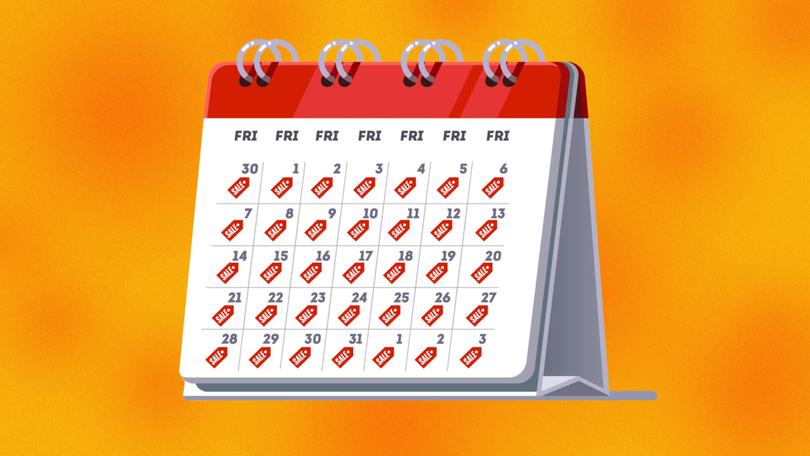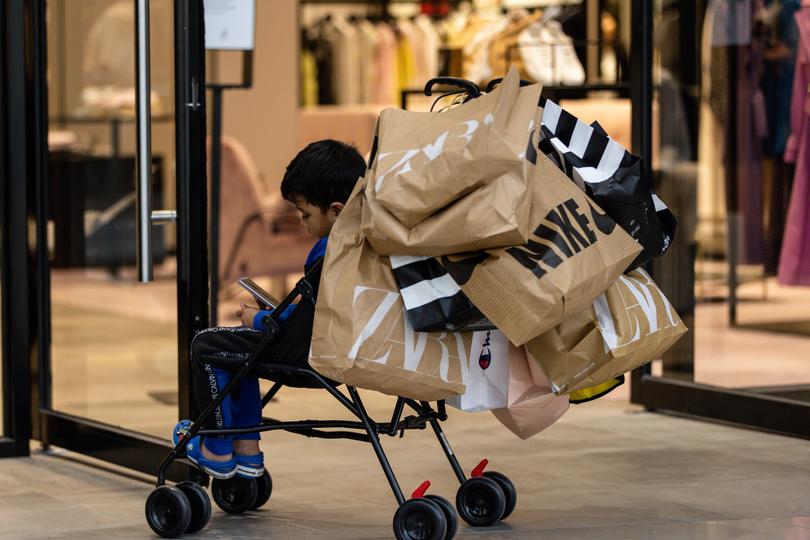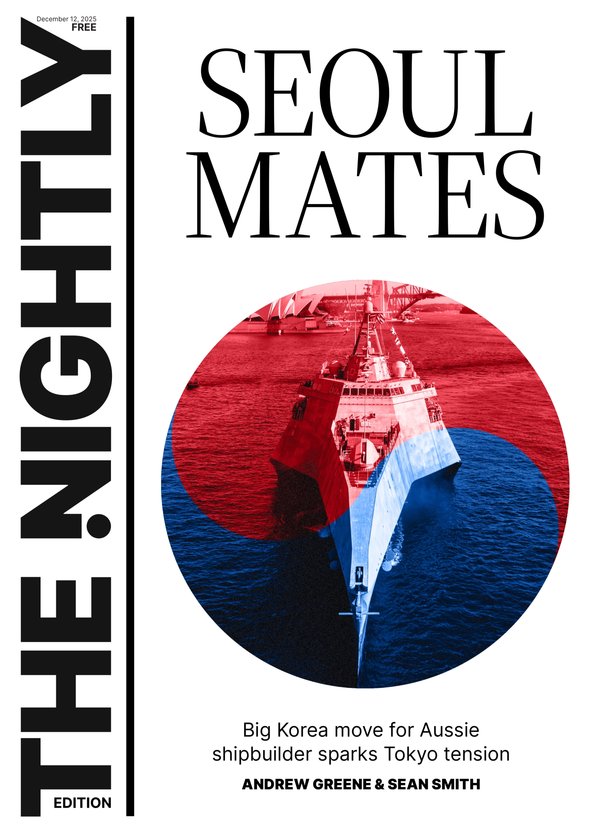When does Black Friday actually start and what it means for Boxing Day sales

When is Black Friday? The obvious answer is a literal one. It is the day after Thanksgiving, an American holiday when families gather to gorge on turkey and pumpkin pie, which this year fell on November 29.
Yet Black Friday is not simply a date, it is also an idea. The day traditionally marked the beginning of the festive shopping season, when people would start to stock up on Christmas presents
Today, it is the time of year during which everything goes on sale. And pinpointing when this begins is a much more difficult endeavour. In a bid to find an answer your columnist searched her inbox for the earliest Black Friday discount offered by a retailer. The missive came in early October.
Sign up to The Nightly's newsletters.
Get the first look at the digital newspaper, curated daily stories and breaking headlines delivered to your inbox.
By continuing you agree to our Terms and Privacy Policy.To understand this baffling development, consider the underlying economics. American retail is a fiercely competitive market—but that is different from being a “perfectly” competitive market.
Leon Walras, a brilliant 19th-century French economist, defined such a market as existing when large numbers of buyers and sellers meet, with perfect information, in order to exchange homogeneous products.
In a perfect market no single seller has the power to set prices across the board, and there are no barriers to entry for new arrivals. Although real life is almost never like this, it comes close in markets for standardised commodities, such as a bushel of a certain grade of wheat.
At the Chicago Mercantile Exchange, there is pretty perfect information about what is being bought and sold. There are lots of buyers and sellers, who all gather in the same place at the same time.
There are lots of transactions. And sellers compete exclusively on price, which should equate to the marginal cost of producing an extra bushel. Needless to say, none of them offer Black Friday deals.
The markets for toaster ovens or slippers do not quite operate in the same manner. For a start, goods are differentiated by design and quality. Information is far from perfect, hence the popularity of recommendation services such as The Strategist and Wirecutter, which test and rank products.
Retailers compete on price, of course, but, critically, they also compete on timing.
Imagine a customer who is looking to purchase a blender. Bob is torn between the “top pick” on Wirecutter—the Vitamix 5200, a pricey $450 model—and a cheaper runner-up option, the Cleanblend Blender, which is sold for around $170.
He prefers the Vitamix, and is willing to pay perhaps $200 more for it. Then, in late October, he receives an email from a small retailer offering the Cleanblend for just $120. He knows the Vitamix will go on sale soon, but does not know how big the discount will be, and perhaps the other retailer will have sold out of Cleanblends by then. He decides to make a purchase.
Two weeks later, while whizzing up a morning smoothie in his Cleanblend, he sees the Vitamix has been discounted to just $300, and feels a pang of regret.
As this tale indicates, retailers have an incentive to offer discounts early, ahead of rivals, since doing so just might snag them an extra few sales.
Some customers might enjoy this long window during which they can peruse discounted goods. But, just as on the Chicago Mercantile Exchange, there is an advantage for buyers when they are able to see all offers at once. And anecdotally, at least, the prolonged approach to Black Friday quickly becomes exhausting.

Rather than a short frenzy, fuelled by leftover turkey sandwiches and pie, the discount season feels like a never-ending barrage of targeted advertisements and email reminders.
The expansion of Black Friday is not necessarily to the advantage of retailers in aggregate, either. Although there is a benefit to kickstarting a sale before your competitor does, offering discounts six weeks early doubtless means that retailers are giving up full-price purchases.
This dynamic is even clearer with Christmas sales. When these actually started on Boxing Day, last-minute present buyers whose demand was surely inelastic (what choice do they have on Christmas Eve?) were forced to pay full price. Now, more often than not, they are able to snag a last-minute deal.
If each retailer acts out of rational self-interest, and nudges forward their sales a little each year, the collective problem becomes a little worse each season. Even if the majority of consumers and retailers might prefer that holiday sales start on Black Friday and last for a short period, the equilibrium cannot hold.
This kind of market failure, which economists call “unravelling”, is common in “matching markets”, such as job markets for doctors and lawyers.
In his book Who gets What—and Why? Alvin Roth of Stanford University, who in 2012 shared a Nobel prize for work on matching markets, described how acute the problem once was in the market for clerkships.
Although judges in the most prestigious courts were more than happy to wait to see who was the most talented student at Harvard University before offering them a clerkship, there was a strong incentive for judges in slightly less prestigious courts to make earlier offers to students who were very likely to be at the top of their piles, so as to pinch the best. This forced the most prestigious courts to respond.
As a consequence, offers crept earlier and earlier. They also “exploded”. For early offers to work they had to expire. Mr Roth recounted the tale of a student in 2005 who boarded a flight from one interview to another and received an offer from the judge he had just met via voicemail while taxiing.
By the time he landed the offer had been pulled. The flight was just 35 minutes long.
When it comes to clerkships, judges have managed to establish rules about how offers ought to be made, which has helped reduce the scale of the problem.
Alas, no such solution is possible for retailers—clubbing together to decide how best to sell things would understandably be frowned upon by competition regulators. By 2035 Black Friday might, therefore, be a summertime affair.
